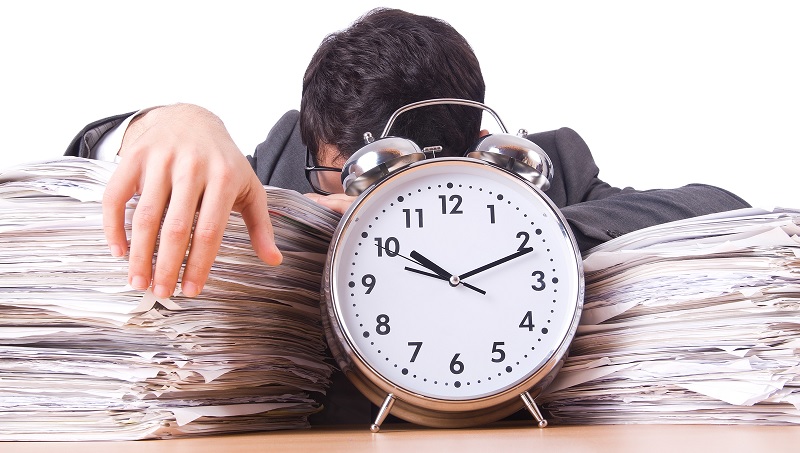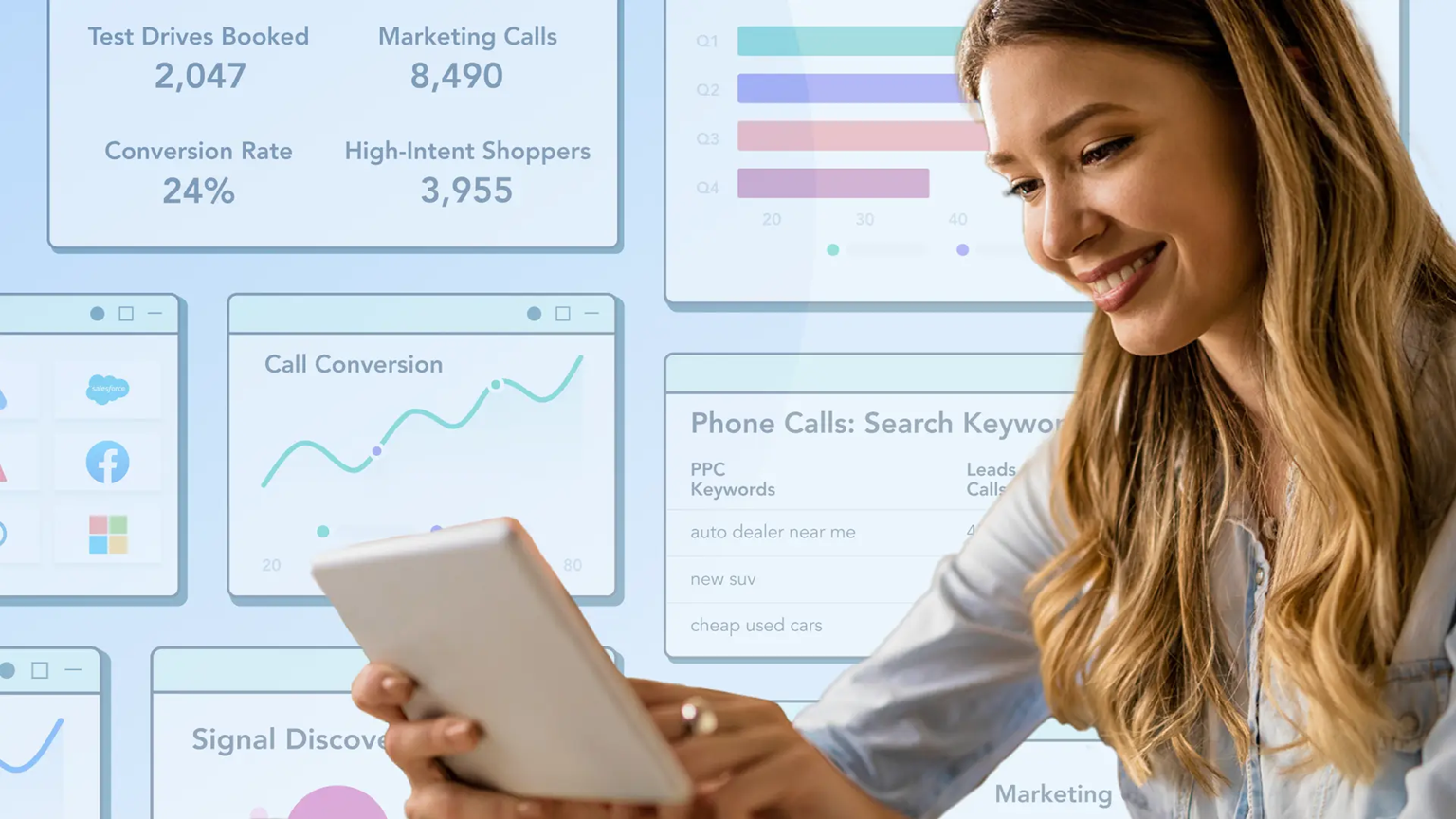In an increasingly fast-paced world full of demands, effective time management has become essential to increase productivity and achieve work goals. A lack of control over tasks can lead to stress, delays, and a drop in the quality of deliverables. However, by adopting smart time management practices, it’s possible to accomplish more in less time, with less effort and better quality.
1. Understand the importance of time management

Time management is the ability to organize and plan how much time to dedicate to each activity in order to meet deadlines and deliver results efficiently. Without proper management, it’s easy to get lost in irrelevant tasks or feel overwhelmed by urgent demands.
Benefits of good time management:
- Increased productivity and efficiency.
- Reduced stress and workload.
- Better balance between personal and professional life.
- Meeting deadlines with quality.
- More time for strategic and creative projects.
2. How to identify and prioritize tasks
The first step in improving time management is to identify and prioritize tasks effectively. Not all activities have the same importance or urgency, and focusing on the right tasks is essential to boost productivity.
2.1. Use the Eisenhower Matrix
The Eisenhower Matrix is a technique that helps organize tasks based on urgency and importance. Activities are divided into four quadrants:
- Important and urgent: Do it immediately.
- Important but not urgent: Schedule to do it later.
- Urgent but not important: Delegate to someone else.
- Neither urgent nor important: Eliminate or postpone indefinitely.
This methodology allows you to focus on the most relevant tasks, avoiding time wasted on unnecessary activities.
2.2. Set daily and weekly goals
Setting clear goals is fundamental to maintaining focus and measuring progress. Break large tasks into small daily or weekly actions and track their completion.
Tips for setting goals:
- Use the SMART methodology: Specific, Measurable, Achievable, Relevant, and Time-bound goals.
- Review your goals at the beginning and end of each week.
- Adapt your goals as new demands arise.
3. Use time management tools

Time management tools help organize tasks, monitor deadlines, and track progress efficiently. Here are some popular tools to improve productivity:
- Trello: Ideal for creating task boards in the Kanban style.
- Asana: A complete tool for project and task management.
- Google calendar: Excellent for scheduling meetings and appointments.
- Pomodone: Combines the Pomodoro technique with task management.
Tip: Experiment with different tools to find the one that best suits your workflow.
4. Apply the Pomodoro technique to improve focus
The Pomodoro Technique is an effective strategy to increase focus and productivity. It involves working in 25-minute intervals, followed by a short 5-minute break. After four “Pomodoros,” take a longer break of 15 to 30 minutes.
Benefits of the Pomodoro technique:
- Reduced procrastination.
- Improved concentration.
- Better control over the time dedicated to each task.
How to apply the Pomodoro technique:
- Choose a specific task.
- Set a timer for 25 minutes.
- Work without interruptions until the time is up.
- Take a short break and repeat the process.
5. Avoid multitasking and stay focused

While many believe multitasking increases productivity, research shows that doing several tasks simultaneously can decrease performance. Focusing on one activity at a time helps reduce errors and improves work quality.
How to avoid multitasking:
- Organize tasks in dedicated time blocks for each activity.
- Use to-do lists to keep track of what needs to be done.
- Turn off unnecessary notifications to avoid distractions.
6. Plan breaks to increase productivity
Including strategic breaks in your work routine is essential to maintaining productivity. The human brain needs moments of rest to process information and recover.
Tips for planning effective breaks:
- Take short breaks every 60 to 90 minutes.
- Use these breaks to move around and avoid physical fatigue.
- Try the Pomodoro Technique by alternating work and rest.
Benefits of breaks:
- Increased energy levels.
- Improved concentration and creativity.
- Reduced stress and mental fatigue.
7. Delegate tasks and optimize time

Delegating tasks is one of the most effective ways to save time and increase efficiency. Often, trying to do everything alone can lead to burnout and reduce overall productivity.
How to delegate effectively:
- Identify tasks that can be delegated without compromising quality.
- Choose capable team members to take on responsibilities.
- Monitor progress and offer support when needed.
Tip: Trust in your team is crucial for successful task delegation and to avoid micromanaging.
Effective time management is essential to maximize productivity and achieve a healthy balance between work and personal life. By adopting the strategies presented in this post—from task prioritization to techniques like Pomodoro and delegation—you’ll be able to organize your routine better and achieve more with less effort.
The key is to maintain discipline and constantly review your practices, adjusting as necessary to meet demands and goals. With good time management, you not only improve your efficiency but also reduce stress and find more satisfaction in your work.
Frequently asked questions (FAQ) about time management
1. What is time management?
Time management is the process of planning and organizing the use of time to maximize efficiency and achieve goals productively.
2. How does the Pomodoro Technique improve productivity?
The Pomodoro Technique helps improve focus and concentration by breaking time into short work intervals, interspersed with breaks, to avoid mental fatigue.
3. Why can multitasking be detrimental to productivity?
Multitasking can decrease work quality, increase the time needed to complete tasks, and raise the risk of errors.
4. How do you set SMART goals?
SMART goals are Specific, Measurable, Achievable, Relevant, and Time-bound, making it easier to track progress and achieve objectives.
5. Why are breaks important in the work routine?
Breaks are essential to rest the mind, avoid burnout, and maintain productivity and creativity throughout the day.




